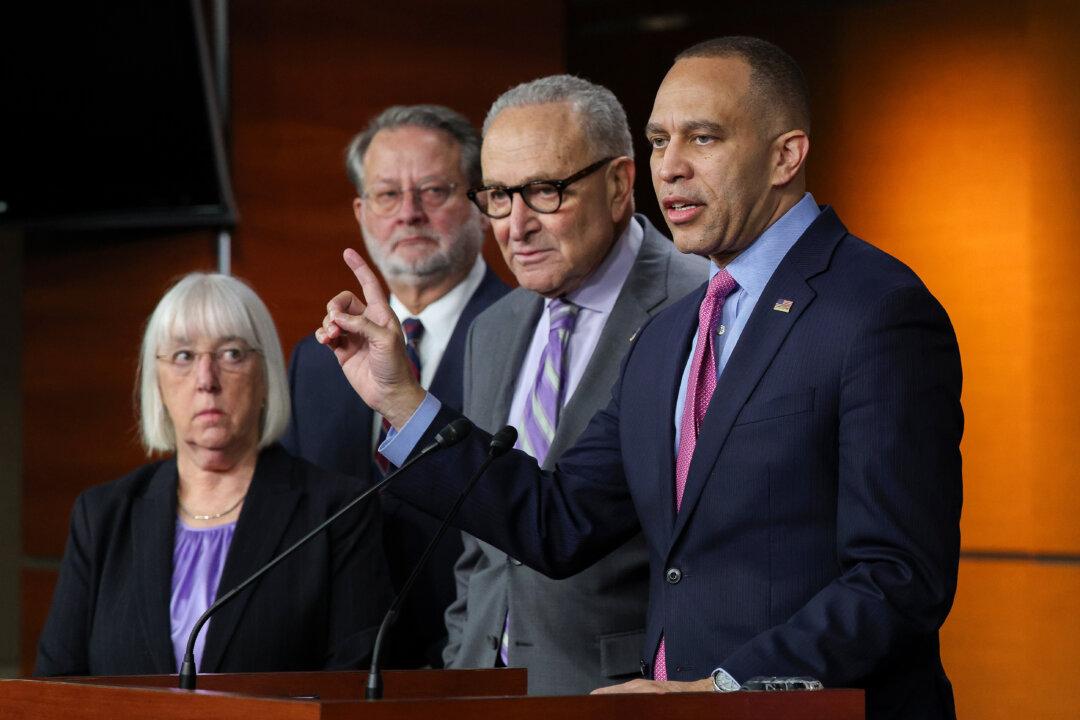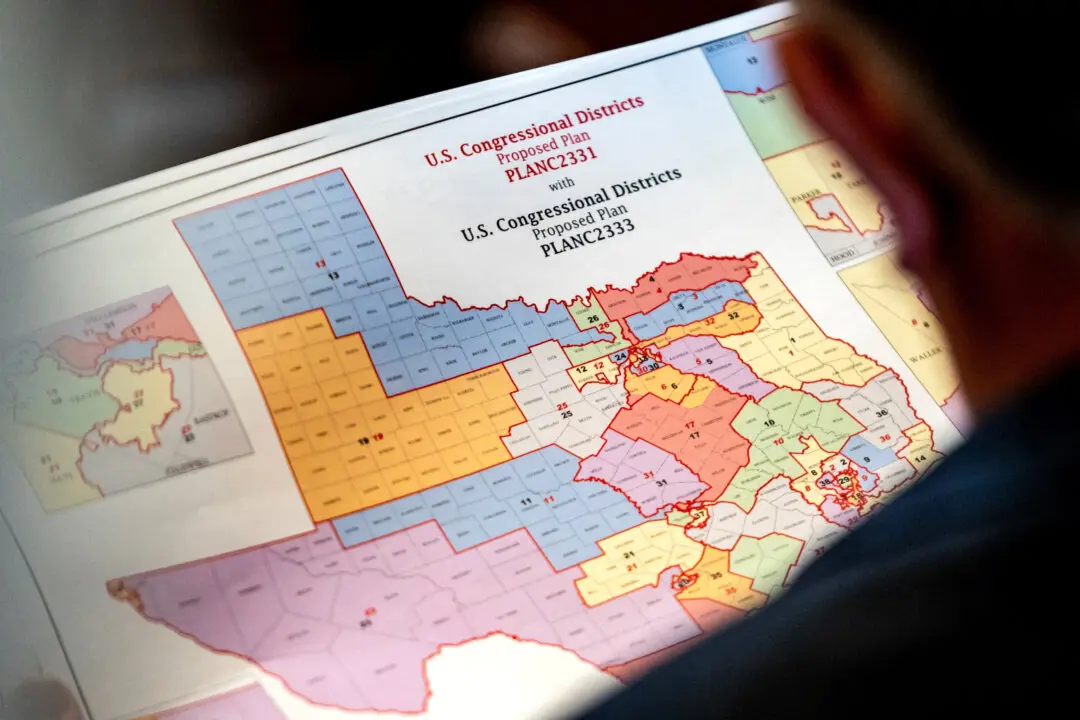Oral arguments began this week in Alabama in the case of the National Small Business Association (NSBA) vs. the U.S. Treasury Department over a proposed rule that is set to go into effect next year.
The suit represents one of several lawsuits and pushback to rules published by federal agencies regulating small businesses, nursing homes, and federal waterways to name a few.





